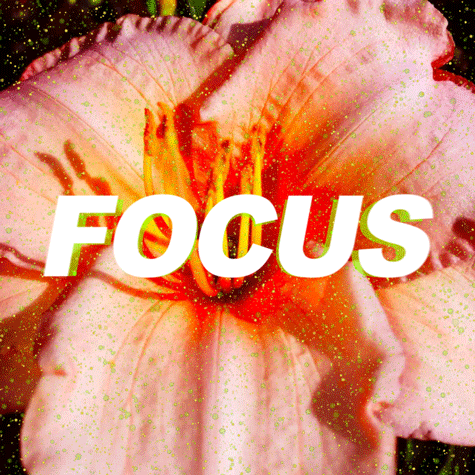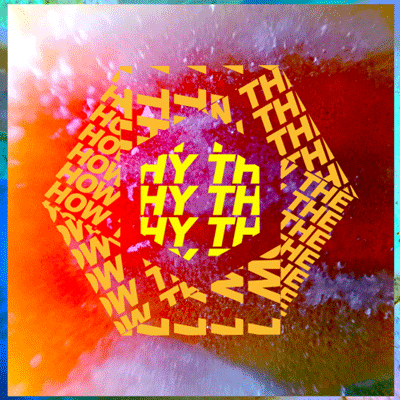Do Not Mourn What You Have Not Lost – Dealing With Wack Outcomes
Failed expectations, unlikable outcomes, and harsh disappointments. All of these results can set off an intense reformatting in our energy. Consciously we refer to this as GRIEF. If we do not flow during this process, we risk halting our innate energy production.
— — —
We use the words “generate”, “generator” and “generation” interchangable with the words “create”, “creator” and “creation”
What is Grief?
How Does
It Work?
When our expectations are not met, it can make us feel really bummed and sad. These emotions fall under a larger umbrella we call grief. Depending on how much grief we experience, it can activate the process of mourning. Grieving is to feel sorrow, while mourning is how we work through our sorrow. The latter’s process is heavily influenced by our culture:
We break up — we eat ice cream
Somebody dies — we should not cook
We have a bad day at work — we get drunk
We miss out on a meme stock — we beat ourselves up
We do not want to let go — we become nostalgic
Grief is an emotional process that occurs naturally for many of us.
Our body and our awareness are built on very firm perceptions, and these perceptions dictates everything of our physical and psychological awareness.
When several perceptions alter, it causes reactions in our anatomy. Our awareness undergoes an energetic shift that then trickles throughout our bodies; we release large amounts of toxins, endorphins, adrenaline, and other hormones that have been produced in the various emotional stages.
While these purges happen, we also shift our viewpoints on how life, culture, and reality actually work. This can be for the better or worse: this is where we can decide to choose a new way; it is also the place where we can dig ourselves into the deepest emotional hole that ever existed. The entire process can make us feel extremely discombobulated (as you may have sensed). Altering our perception points is a big deal to us, because it revamps a lot of our energy.
Every single one of our generations are based on our energy and its framework. When we grieve, not only are we shifting some of the frameworks’ perception points, but we are also shifting the equations that depend on these. If one of our premises states we are in a love-relationship and that relationship ends, we then have to update every single equation based on that original premise.
Grief can also kick in after we have achieved a life goal. One would think that by achieving this we would feel ecstatic; however, by finally accomplishing a lifelong aspiration, our awareness must reformat itself and we can physically feel as if we lose ourselves. Another instance of grief is when energy unexpectedly drops away from our framework. This is when an experience has demolished our energetic structure. Here we find standard phrases such as “pick up the pieces again”, “gather ourselves”, “get ourselves back together”.
Dealing
With The
Outcomes
Now, let’s focus on grief when it comes to an object we generated that did not meet our expected outcome. As makers, this is something we have to deal with on a constant basis, especially when generating more complex objects. We can particularly feel grief in instances where we have assumed mastery of a frequency far before we have honed the specific energy. (Note: been there, done that!)
Our expectation is something that we base on our assumption mechanism. For this to be functional, we must experience many different possibilities, and through that calibrate our accuracy. We then use this data to form the basis of our assumptions.
Knowing how to move through these states of grief is crucial.
We do not want the process to stop our whole energy production since we are going through an energy conversion.
The energy should reset, loop back in, and be used to produce more momentum than before. We culturally believe that by doing steps (A), (B), and (C) that we are guaranteed result (D) — no matter what. If, when actioning step (B) we are the slightest bit out of balance, the highest version of result (D) can’t happen. Think about it as math:
(A) we need to hold a pen in our hand
+
(B) there must be a piece of paper available to us
+
(C) we have to form an action with the pen onto the paper
=
(D) we have generated “writing on a piece of paper”
There are many ways we can execute the steps of an equation, and all our choices will impact the result we receive. We can’t simply “show up” despite how recommended it is by others. Sure, we will get a result, but will it be the result we actually want? The secret that few seem to point out is that…
…we must always form our lives, especially when we are executing action (generating a specific outcome) while “showing up.”
Claim Your
SuperPower
If we do not edit, feedback, and understand the mistakes that occur in our process, we will never achieve the outcomes that we want, and through this, always feel loss.
While we are in each phase, we still can accomplish the desired result as long as we are level-headed, observant, flexible, and can shed our preconceived notions. Many of us can’t obtain this balance, which affects our results. We then feel as if our energy vanquished into “nothing.” In some ways it did, mainly because we did not claim necessary ownership of our own energy.
A couple of posts ago we talked about why it is great to produce mistakes and different versions of an equation. By not stepping into the generative process, we are actively opting out. When we have withdrawn in this manner, we actually state that we never intended to use our co-creator capacity at all. We were always “fine” settling with a result we never really wanted. There are many versions of an outcome. If we ask different people to describe in detail what a red car looks, we will receive varying answers. The same goes for when making (generating) anything, e.g there are many ways to prepare a piece of toast. We can always tweak, shift, move, alter, change, and switch up our equations.
When we settle in this fashion, we are also setting ourselves up to feel unnecessary “failure and loss”.
“While we are in each phase, we still can achieve the desired result as long as we are level-headed, observant, flexible, and can shed our preconceived notions.”
words and photo by Kissey Asplund
© Generation Watts — all rights reserved.
Read our terms & conditions
Kissey Asplund is a creative consultant specializing in the process of generation & creative subatomic energy. She is the founder of the creative wellness hub Generation Watts, and has gained international recognition as a music producer, multi-disciplinary artist and DJ. Her journey of researching how to use meditation to enhance creativity began at 17. Today, she teaches others how to connect to their inner superpower and hone their creative-mastery. Learn more about her virtual creative consulting service: The Equation Sessions™

















